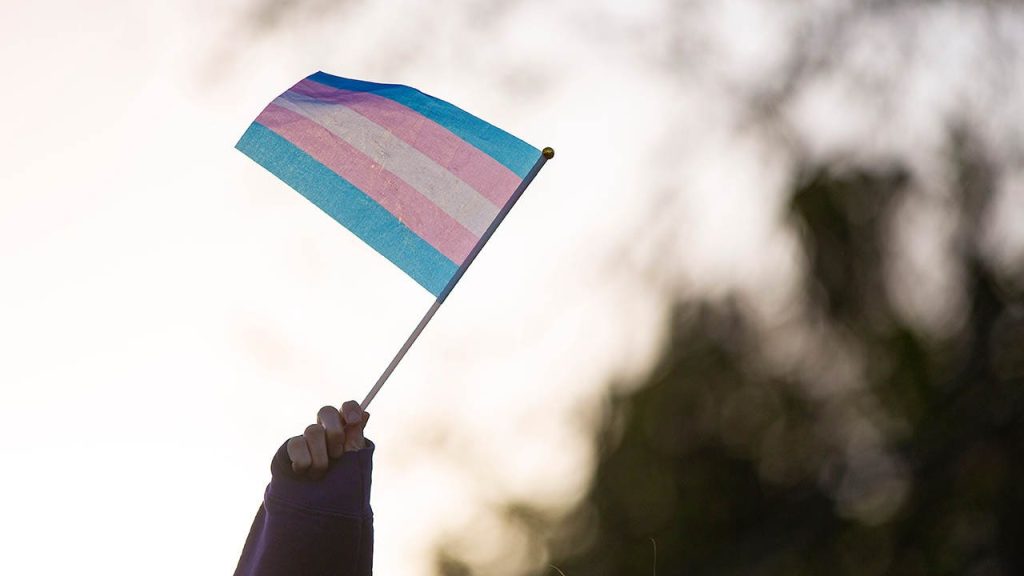The lawsuit filed by Texas Attorney General Ken Paxton against the NCAA centers on the contentious issue of transgender athletes’ participation in women’s sports. Paxton accuses the NCAA of deceptive marketing practices, arguing that by allowing transgender athletes to compete in women’s sports, the organization is misleading consumers who expect to see only biological women competing. He contends this violates the Texas Deceptive Trade Practices Act, designed to protect consumers from misleading advertising. Paxton seeks a permanent injunction barring the NCAA from allowing transgender athletes in women’s sports in Texas or involving Texas teams. Alternatively, he demands that the NCAA cease marketing these events as “women’s” competitions if they include transgender athletes. Paxton’s argument hinges on the premise that the inclusion of transgender athletes fundamentally alters the nature of women’s sports, transforming them into mixed-sex competitions. He asserts that this not only deceives viewers but also jeopardizes the safety and well-being of female athletes. He frames the issue within the broader context of “radical gender theory,” suggesting its intrusion into college sports is unwelcome and harmful.
The NCAA, in response, maintains its commitment to promoting Title IX and ensuring fair competition in all its championships. While declining to comment directly on pending litigation, the organization emphasizes its ongoing investments in women’s sports and its dedication to providing a premier platform for female athletes. This stance reflects the NCAA’s balancing act between supporting transgender athletes’ inclusion and addressing concerns about fairness and competitive balance. The organization implicitly rejects Paxton’s characterization of transgender inclusion as deceptive marketing, suggesting that the participation of transgender athletes does not fundamentally change the nature of women’s sports.
The crux of the disagreement lies in the interpretation of what constitutes a “women’s” sporting event. Paxton argues that the presence of transgender athletes, whom he refers to as “biological males,” invalidates the designation of these competitions as exclusively for women. He appeals to the expectations of viewers, who he claims anticipate seeing only biological women competing. The NCAA, on the other hand, presumably operates under a more inclusive definition of “women’s sports,” encompassing transgender women under its umbrella. This difference in interpretation underscores the broader societal debate about gender identity and its implications for sports.
NCAA President Charlie Baker has addressed the issue of transgender athletes’ participation, downplaying its impact by citing the relatively small number of transgender athletes compared to the overall NCAA athlete population. This perspective frames the issue as statistically insignificant, suggesting that the concerns raised by Paxton and others are overblown. However, this argument fails to address the core concerns about fairness and competitive balance, particularly in individual sports where physical differences can be more pronounced. The debate also extends to the interpretation of Title IX, the landmark legislation that prohibits sex-based discrimination in education programs receiving federal funding. While Title IX has been instrumental in advancing opportunities for women in sports, its application to transgender athletes remains a point of contention.
The lawsuit highlights the complex and evolving legal landscape surrounding transgender rights and sports. It reflects the ongoing societal struggle to define the parameters of inclusion and fairness in a context where traditional notions of gender are being challenged. The outcome of this case could have significant implications for the future of transgender athletes’ participation in college sports and beyond. The legal arguments presented will likely revolve around the interpretation of the Texas Deceptive Trade Practices Act and whether the NCAA’s inclusion policy constitutes misleading advertising. The court will also need to grapple with the broader questions of gender identity, fairness, and the balance between inclusion and competitive balance in sports.
Beyond the legal arguments, the case also exposes a deeper cultural divide regarding gender identity and its role in society. Paxton’s language, particularly his use of the term “biological males” and his dismissal of “radical gender theory,” reflects a more traditional view of gender. This perspective clashes with the increasingly accepted understanding of gender as a spectrum, encompassing individuals who identify as transgender. The case, therefore, serves as a microcosm of the larger societal debate about transgender rights and the evolving understanding of gender identity. The legal battle lines are drawn, and the outcome will undoubtedly shape the future of transgender athletes’ participation in collegiate sports. The case will also serve as a crucial precedent for similar legal challenges across the nation, as the debate over transgender inclusion in sports continues to unfold.

